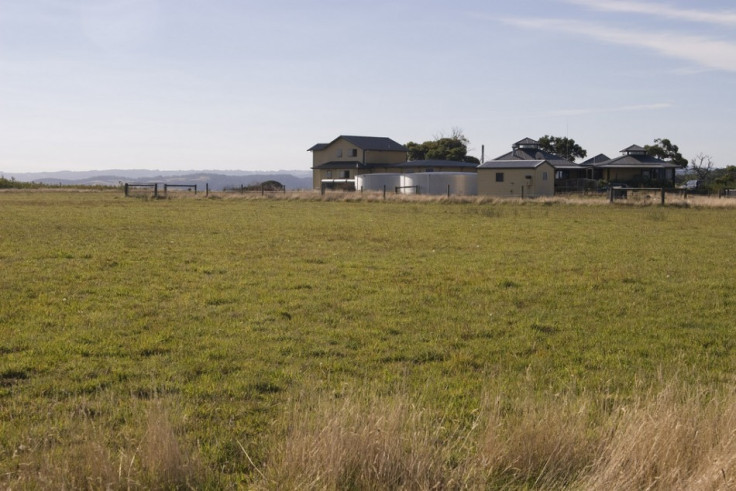Australia's Services Index Contracts in Feb; Another Rate Hike Freeze Likely

The Australian services sector saw a deep slide in February, with the Performance of Services Index (PSI) retreating by 5.2 points to 46.7 in the month, clearly indicating an alarming contraction level that was last seen more than two years ago.
According to the new survey jointly conducted by the Australian Industry Group (Ai Group) and the Commonwealth Bank of Australia (CBA), the services industry felt its most distressing letdown so far in the year as new orders shrunk by 8.5 points to 45.6 in the same month.
The numbers registered in the sales of services and selling prices were not of any help for the February PSI to reach below the 50-mark, which points to the contraction of activities in the sector, the Ai Group/CBA report said.
Index of employment in the month dipped by 3.6 points to 47.5 while overall sales plunged by 1.9 points to 47.5, the survey showed.
Deliveries also slid by 8.6 points to 45.4, the report said, further highlighting the reality that the ongoing mining boom was largely failing in propping up other Australian business sectors.
The only positive sign seen in the new report was provided by the personal and recreational sector, which signalled considerable improvement in the month, the report said.
However, retail, the hospitality sector and the transport industry continue to bear the brunt of the so-called 'two speed pace' that largely characterises the Australian economy at this time.
Clearly, the economy as a whole was not gaining considerable benefits from the mining boom, which federal authorities said was most responsible for the robust local economic environment.
"The booming conditions in mining and mining-related activity are not translating into increased activity in large parts of the domestic economy," Ai Group chief executive-designate Innes Willox said in a statement that accompanied the fresh survey.
"The February fall in the Australian PSI and the sluggishness of the sector over recent months illustrate the narrow base of growth in the broader economy," Willox was reported as saying by the Australian Associated Press (AAP).
Also, CBA economist John Peters blamed the pervasive lack of confidence among business sectors as the main culprit of the contraction.
Peters noted that the negative sentiment has been lingering despite efforts by the Reserve Bank of Australia (RBA) to shore up domestic economic activities by both cutting down the cash rate and imposing a freeze in the past few months.
Yet recent surges reflected by global markets, notably led by the U.S bourse, could trigger some form of recovery in the immediate months ahead, with only the volatility in oil prices serving as the stumbling block for a likely turnaround.
"Some favourable stability in financial conditions overseas over the next few months could provide a backdrop which will allow business and consumer confidence to improve and result in a gradual lift in spending," Peters told AAP.
With job cuts looming in the banking industry and the Australian dollar maintaining its near parity with the U.S. dollar, analysts said the RBA would likely sue for another rate pause following its scheduled Tuesday board meet this week.
That policy, experts said, will be backed by the forecasted slow down on the annual GDP growth for the December quarter, which was projected to glide down a bit at 2.3 percent from the September pace of 2.5 percent.
© Copyright IBTimes 2025. All rights reserved.





















